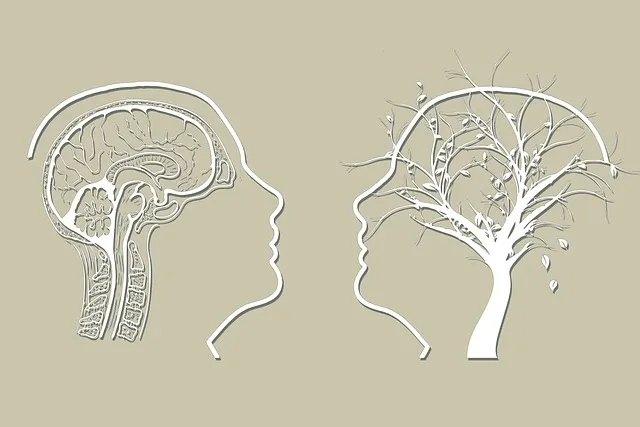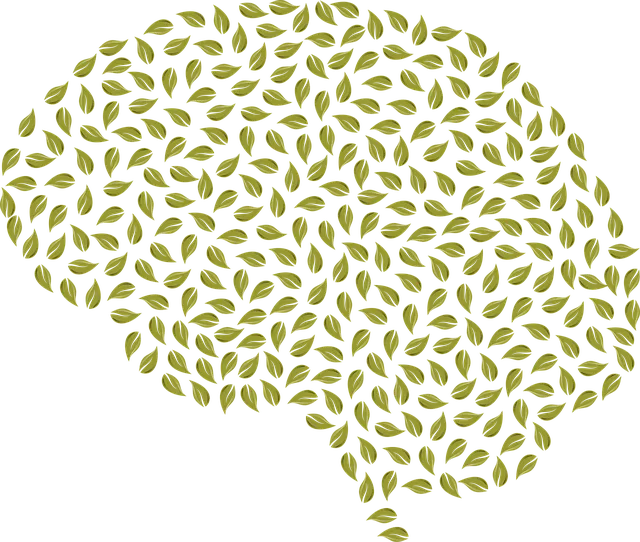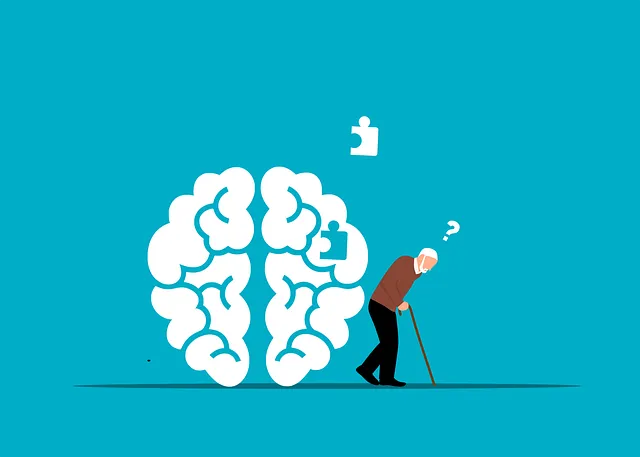Lone Tree Kaiser Permanente's mental health professionals address anxiety as a natural stress response that becomes problematic with persistence. Early recognition of triggers like work pressure or life changes enables coping strategies including deep breathing and mindfulness meditation. Cognitive Behavioral Therapy (CBT) identifies negative thought patterns, replacing them with positive ones for better emotional well-being. Physical exercise, peer support, and human connection further enhance resilience against anxiety through comprehensive approaches tailored by Lone Tree Kaiser Permanente's mental health services.
Anxiety is a common challenge, yet manageable with effective techniques. This guide from Lone Tree Kaiser Permanente explores evidence-based strategies for navigating anxiety. We delve into understanding anxiety’s triggers and symptoms, highlighting cognitive behavioral therapy (CBT) as a powerful tool. Additionally, discover mindfulness practices to quiet the mind, the benefits of physical exercise, and the strength found in support networks. These holistic approaches empower individuals to take control of their mental well-being.
- Understanding Anxiety: Common Triggers and Symptoms
- Cognitive Behavioral Therapy: A Powerful Tool for Coping
- Mindfulness Techniques to Calm the Mind
- Physical Exercise and Its Impact on Mental Well-being
- Support Networks: The Power of Connection and Community
Understanding Anxiety: Common Triggers and Symptoms

Anxiety is a natural response to stress, but when it becomes overwhelming and persistent, it can significantly impact daily life. At Lone Tree Kaiser Permanente, mental health professionals recognize that understanding anxiety is the first step towards managing it effectively. Common triggers include work-related pressure, financial concerns, or major life changes. Symptoms can range from physical (like a racing heart, sweating, or dizziness) to emotional (feeling restless, irritable, or worried). Recognizing these signs early can help in implementing coping strategies.
Mental wellness is enhanced when individuals identify their specific triggers and learn techniques like deep breathing exercises, mindfulness meditation, and positive thinking to mitigate anxiety symptoms. Depression prevention isn’t just about managing anxiety; it’s also about fostering a sense of well-being. By focusing on these aspects, one can navigate life’s challenges with greater resilience, ensuring a healthier, more balanced mental state.
Cognitive Behavioral Therapy: A Powerful Tool for Coping

Cognitive Behavioral Therapy (CBT) is a highly effective anxiety management technique recognized and offered by Lone Tree Kaiser Permanente’s mental health professionals. CBT focuses on identifying and modifying negative thought patterns that contribute to anxiety, providing individuals with powerful tools for coping. This evidence-based approach teaches individuals to challenge and replace irrational thoughts with more realistic and positive ones, thereby reducing the intensity of anxious feelings.
By integrating empathy building strategies into therapy sessions, CBT facilitates emotional healing processes. It empowers patients to adopt self-care practices that enhance their overall well-being and resilience in managing anxiety. Through this therapeutic journey, individuals gain a deeper understanding of their thoughts, emotions, and behaviors, enabling them to lead more fulfilling lives free from the burden of excessive anxiety.
Mindfulness Techniques to Calm the Mind

Anxiety management often involves training your mind to stay present and calm, which is where Lone Tree Kaiser Permanente’s mental health services offer valuable insights. Mindfulness techniques, such as meditation and deep breathing exercises, are powerful tools in this regard. By focusing on the here and now, these practices allow individuals to observe their thoughts without judgment, reducing the intensity of anxious feelings.
Lone Tree Kaiser Permanente encourages patients to explore Compassion Cultivation Practices, which promote self-awareness and understanding, thereby fostering a sense of inner peace. Additionally, Burnout Prevention strategies can be integrated into daily routines to maintain mental resilience. Building confidence through various techniques not only boosts overall well-being but also equips individuals with the skills to navigate anxious moments more effectively.
Physical Exercise and Its Impact on Mental Well-being

Regular physical exercise is a powerful tool for managing anxiety and promoting mental well-being, as backed by research from institutions like Lone Tree Kaiser Permanente. Engaging in activities like walking, jogging, yoga, or even dancing can significantly reduce symptoms of anxiety disorders. Exercise works wonders by releasing endorphins, the body’s natural mood lifters, which counteract stress hormones. This biological response not only improves one’s immediate mood but also fosters a sense of calm and resilience over time, enhancing overall mental health awareness.
Beyond that, physical activity provides an outlet for individuals to redirect their focus from anxious thoughts, offering a much-needed break from the mental maze. This distraction, coupled with the confidence-boosting achievements gained through exercise goals, can be transformative. Regular workouts can lead to improved self-esteem and a positive body image, contributing to better mental health outcomes. Moreover, integrating exercise into daily routines can facilitate social connections, as group fitness classes or sports teams offer opportunities for building supportive communities, which are essential components of successful public awareness campaigns development in mental health.
Support Networks: The Power of Connection and Community

At Lone Tree Kaiser Permanente, mental health is a cornerstone of their services, emphasizing the importance of support networks in anxiety management. Human connection is a powerful tool against anxiety, offering a sense of belonging and community that can significantly alleviate symptoms. Whether through peer support groups, therapy sessions, or simply reaching out to loved ones, these connections provide a safe space to share experiences, gain insights, and offer encouragement. This network acts as a support system during challenging times, promoting coping mechanisms and fostering resilience.
Building and maintaining these relationships is crucial for managing anxiety effectively. The sense of being understood and accepted can reduce feelings of isolation and vulnerability often associated with anxiety disorders. Incorporating practices like Mindfulness Meditation, known for its stress management benefits, can further strengthen these bonds by enhancing emotional awareness and empathy within the network. Crisis Intervention Guidance, another valuable resource, equips individuals with tools to navigate anxious moments, ensuring support networks remain a reliable source of comfort and stability.
Managing anxiety effectively is a journey that involves various tailored strategies. By understanding common triggers and symptoms, individuals can take the first step towards coping mechanisms like Cognitive Behavioral Therapy and mindfulness practices. Regular physical exercise enhances mental well-being, while strong support networks offer a sense of community and connection—all crucial elements in navigating and overcoming anxiety at Lone Tree Kaiser Permanente. These holistic approaches empower individuals to lead more balanced lives, ensuring better mental health outcomes.






